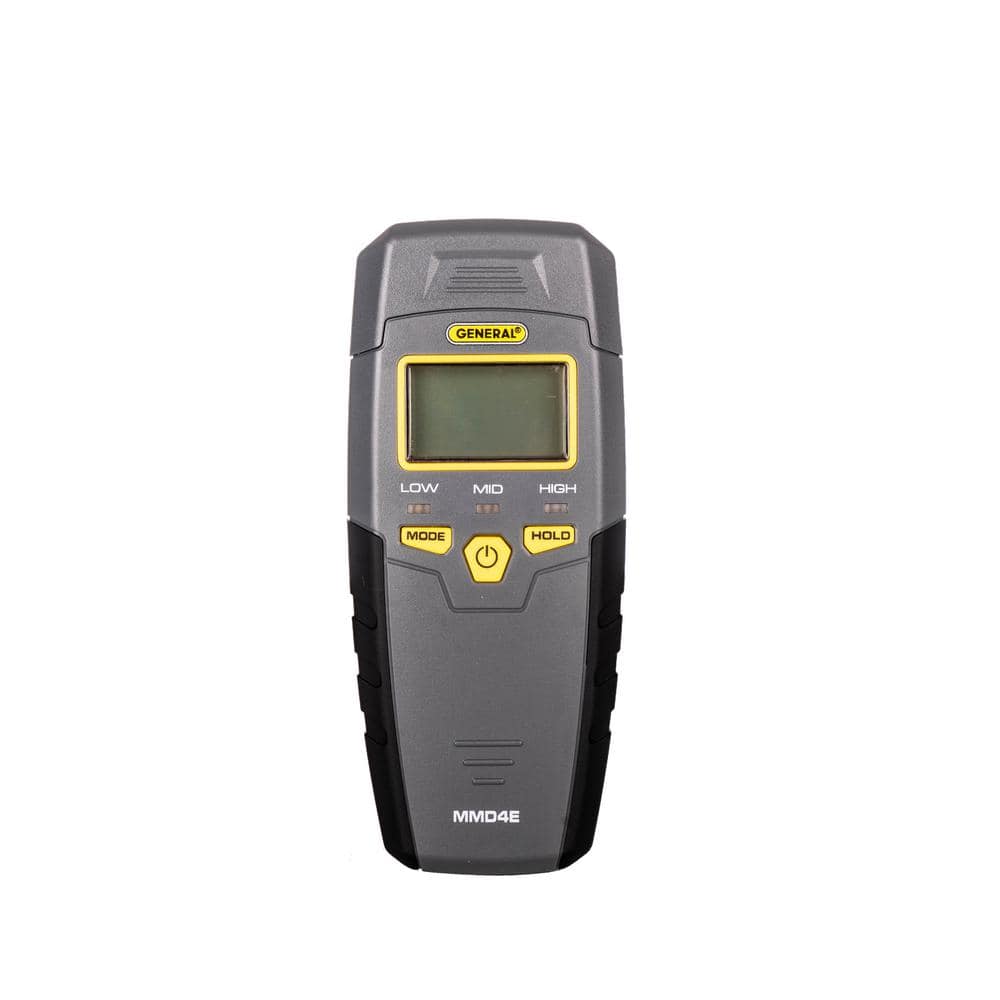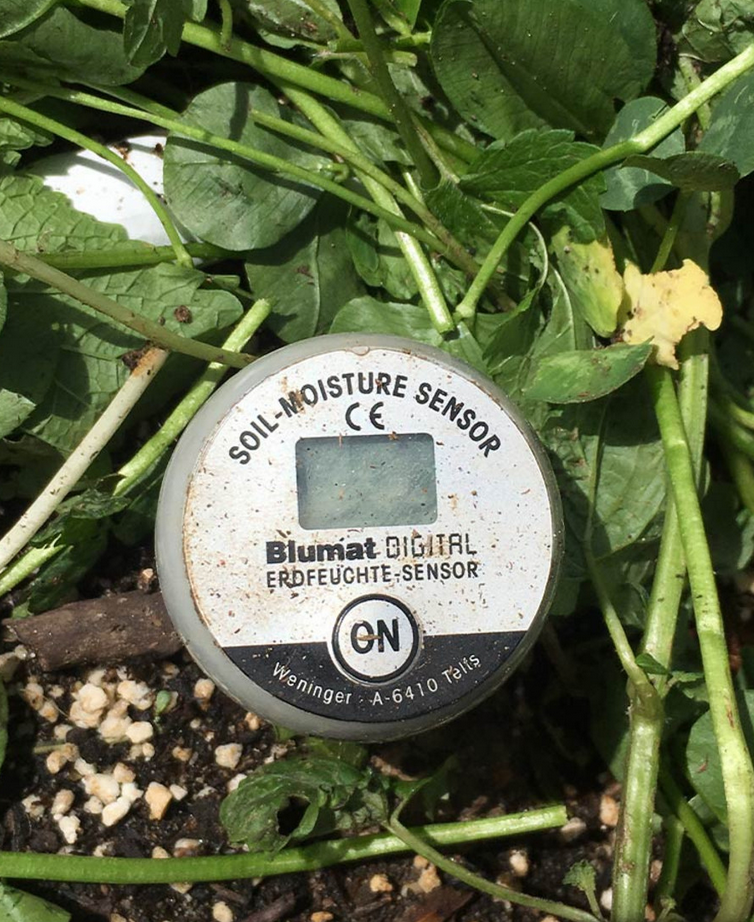Just how to Use a Moisture Meter to Detect Surprise Water Damage in Your Property
Just how to Use a Moisture Meter to Detect Surprise Water Damage in Your Property
Blog Article
Recognizing the Relevance of a Moisture Meter in Avoiding Mold and Water Damages in Your Home
In the realm of home maintenance, the existence of wetness can often be a quiet yet powerful foe, capable of triggering prevalent mold and mildew development and insidious water damage if left untreated. Recognizing the significance of a wetness meter in this fight is not just an alternative but a strategic necessity.
Significance of Moisture Discovery
Effective wetness discovery approaches are vital for protecting buildings and preventing potential mold growth and water damages. Dampness can seep into different building materials, resulting in structural issues and carcinogen. By utilizing a moisture meter, homeowner can proactively determine areas prone to excess moisture, permitting prompt treatment and reduction techniques.
Moisture meters supply precise readings of dampness degrees in different materials such as concrete, drywall, and timber. This information assists in pinpointing locations of problem, even in hidden or hard-to-reach places. Early discovery of moisture buildup enables punctual repair work or adjustments to avoid more damage.

Exactly How Moisture Meters Work
Moisture meters play a critical function in the positive recognition of excess dampness, assisting in the avoidance of possible mold and mildew development and water damages by giving exact analyses of dampness degrees in numerous structure products. Some progressed wetness meters pin both integrate and pinless innovations for detailed wetness discovery. Comprehending exactly how moisture meters function is necessary for timely and exact dampness degree analyses, enabling reliable preventive measures against mold and water damages.
Finding Early Warning Indications
Upon preliminary evaluation of a residential property, identifying subtle indicators of excess dampness comes to be vital in the early detection of possible mold and mildew growth and water damage. Some usual early indication consist of moldy odors, water discolorations on ceilings or walls, peeling off paint or wallpaper, and distorted or stained surfaces. Stuffy odors frequently indicate the visibility of mold or mold, even if no noticeable indications are obvious. Water discolorations can indicate leaks or seepage, while peeling paint or wallpaper might be a result of dampness compromising the attachment of these materials to the surface area. Warped or blemished surfaces, such as distorting floorboards or discolored drywall, are clear indications of water damage. Furthermore, a rise in allergy signs and symptoms or breathing concerns among owners may recommend the visibility of mold because of excess moisture. By without delay identifying and resolving these early site link indication, homeowners can alleviate the risk of comprehensive mold and mildew growth and water damages in their residential or commercial properties.
Protecting Against Mold And Mildew Development
Recognizing very early indication of excess wetness within a residential property not just allows prompt detection of possible mold and mildew growth and water damage yet additionally offers as a positive step in preventing the proliferation of mold and mildew. To effectively avoid mold and mildew development, it is important to address any kind of resources of dampness without delay. This can include repairing leakages in home windows, roofs, or pipelines, ensuring appropriate air flow in moist areas like kitchen areas and restrooms, and utilizing dehumidifiers in high-humidity spaces. On a regular basis preserving the building and examining's pipes, roofing system, and seamless gutters can also assist in stopping water invasion that can lead to mold and mildew growth.
Along with resolving moisture resources, keeping indoor humidity levels listed below 60% can dramatically prevent mold and visit here mildew growth. Correct Visit Your URL air flow, sufficient insulation, and using ac unit or followers can aid manage interior moisture degrees. Checking dampness degrees in areas prone to wetness, such as basements and crawl areas, utilizing a dampness meter can also assist in very early discovery of raised dampness levels and possible mold and mildew growth. By taking aggressive procedures to stop excess moisture and mold development, homeowners can guard their building and interior air top quality.
Benefits of Routine Monitoring
Routine tracking of wetness degrees in a residential or commercial property can play a critical duty in maintaining a healthy indoor atmosphere and stopping possible mold and mildew and water damages. By consistently checking moisture degrees, homeowners can detect any issues promptly and take necessary actions to avoid mold and mildew growth and water damages.
Additionally, regular surveillance enables homeowners to track patterns and patterns in wetness levels over time. Inevitably, the constant monitoring of dampness degrees empowers home owners to safeguard their home, safeguard their health and wellness, and preserve the honesty of their indoor setting.

Verdict

By making use of a wetness meter, residential property proprietors can proactively determine locations vulnerable to excess moisture, allowing for timely intervention and reduction approaches.

Keeping track of moisture levels in areas prone to dampness, such as cellars and creep rooms, utilizing a wetness meter can likewise aid in early discovery of raised wetness levels and potential mold and mildew development. (Moisture Meter)
Report this page